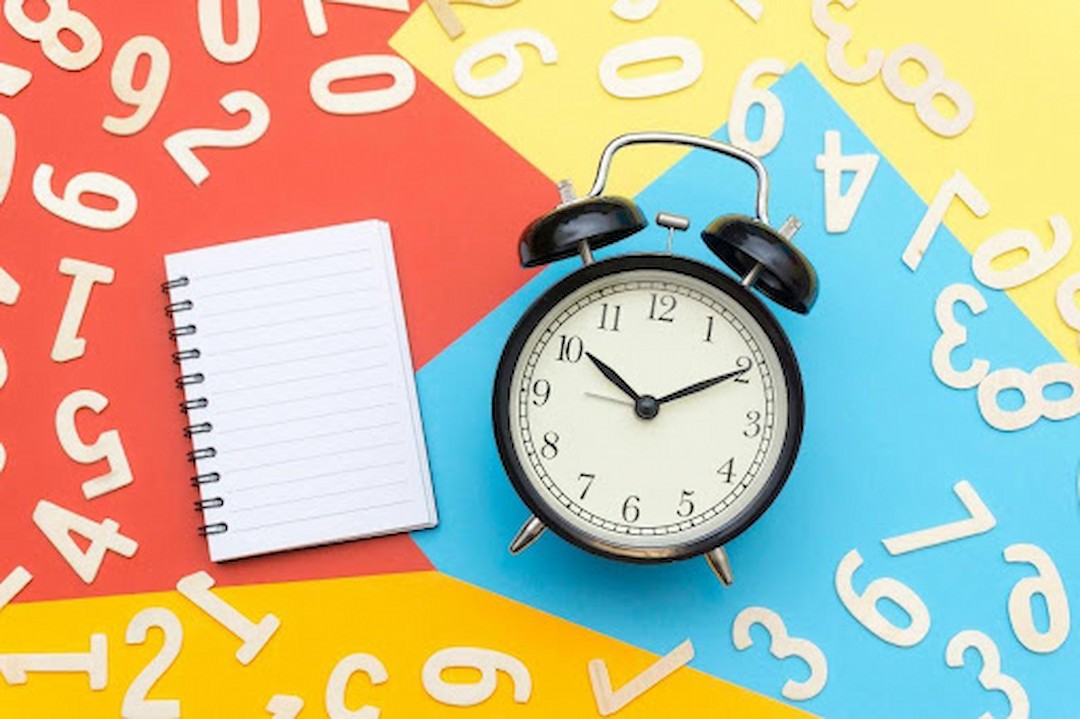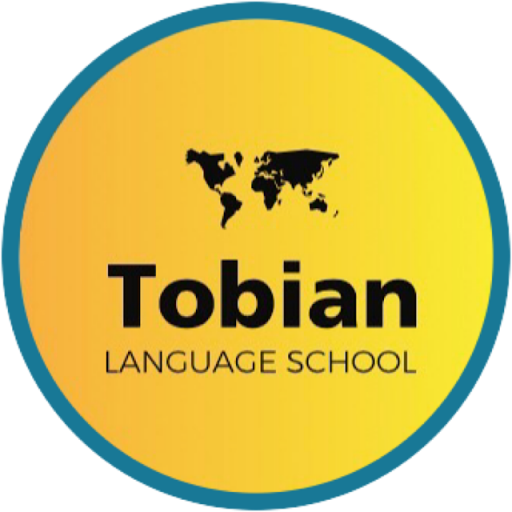How Long Does It Take To Learn A New Language
An interesting perspective
- February 25, 2025
- By Josseline Jiménez
Many people ask themselves the same questions when they are curious about learning a language:
How long does it take to learn a new language?
How many months will it take me to master it?
How much time and practice do I need to speak it fluently?
Today we will discover the answer together.

Table of Content
Introduction
The reality is that there is no exact answer, as the time needed to learn a language depends on multiple factors.
These include:
the similarity of the language to your native language,
the time you dedicate to studying, consistency in practice,
and exposure to the language in real situations.
Although calculating the exact time can be complicated, the Foreign Service Institute (FSI) made an estimate based on the difficulty of different languages for native English speakers. Below are their results, which will serve as a reference to understand how long it might take you to reach a professional level of competence depending on the language you want to learn.
How Long Does It Take To Learn A New Language According to the FSI
Category I Languages
According to this Institute (FSI), native English speakers require between 24 and 30 weeks to reach a level of “professional proficiency” in Category I languages such as French or Spanish.
Category II Languages
For Category II languages such as German or Indonesian, it takes about 36 weeks or 900 hours of instruction to achieve the same level of proficiency.
Category III Languages
For Category III languages, which include Greek, Hindi, Russian or Thai, an estimated period of 44 weeks or 1,100 hours of instruction is required.
Category IV Languages
Finally, for Category IV languages, considered the most complex, such as Arabic, Chinese, Japanese and Korean, it takes approximately 2,200 hours of instruction, equivalent to 88 weeks, to reach the same level of proficiency.
Our Verdict On How Long Does It Take To Learn A New Language?
This entire learning process depends largely on your motivation, interest, and the time you dedicate to studying the language.
It is natural that if you only dedicate a few hours a week, progress will be slower and it will take several months to reach a good level.
However, if you attend classes frequently, either every other day or, ideally, daily, and also complement your learning with personal practice, the results will come much faster.
With perseverance and dedication, you will begin to notice significant progress and will quickly approach the language mastery you so desire to achieve.
Some Great Tips To Make Learning A New Language Faster and More Engaging

Here are some effective tips to help you master your target language faster.
Tip #1: Study intensively to accelerate your progress.
If you want to learn a language quickly, whether for study reasons or an upcoming trip, the ideal is to take intensive classes, dedicating between 3 and 4 hours a day. This is the most effective way to make progress in a short time.
If you cannot attend classes for so many hours a day, a good alternative is to study 2 hours a day, five days a week. This pace is balanced: it is not excessive, but it is not insufficient either, and it will allow you to make steady progress if you have the time.
If your time is more limited, try to dedicate at least 5 or 6 hours a week. Although progress will be slower, you will still make progress, especially if you complement your classes with the strategies we have recommended.
If, due to work or other responsibilities, you can only study between 2 and 3 hours a week, it is true that learning will take longer. However, if you make the most of your time outside of class through independent practice, you can maintain steady progress and make your learning process more efficient.
The key is to find the pace that best suits your lifestyle and to be consistent.
Tip # 2: Don't settle for just classes!
Many people believe that attending classes is enough to learn a language, but the reality is that it is not. The teacher acts as a guide, providing you with tools and solving your doubts, but the real work is done by you. Learning goes beyond the classroom and requires constant practice.
Here are some effective ways to complement your classes:
Surround yourself with the language
Change the language on your phone, social media, and electronic devices. Listen to music, podcasts, or watch series in the language you are learning. This immersion will allow your ear to get used to the language and, little by little, you will begin to pick up sounds, words, and expressions naturally.
Attend language exchanges
Classes give you input (information and knowledge of the language), but to advance you need output (practice and express yourself). Participating in exchanges will help you gain fluency and lose your fear of speaking. Don’t wait to be perfect; start practicing as soon as you can form simple sentences.
Often the biggest obstacle to speaking is a lack of confidence, even when we already have the knowledge. By exposing yourself to real conversations, you will unlock that knowledge and gain confidence to express yourself more naturally.
Keep a Small Journal:
This Tip is for Developing Your Writing Skills.
There is an article by Javier Marín, a professor of Psychology of Thought and Language at the University of Murcia, who, along with two other academics, reveals that words written by hand are retained more effectively.
Every day, or every other day, try to write even just a short sentence in the language you are learning. As your vocabulary grows and you become familiar with more structures, gradually extend those sentences.
The ideal goal is to reach a point where you can write about your day. This is an excellent exercise for retention, helping you solidify what you’ve learned in class and turn it into lasting knowledge.
Tip # 3: Be consistent and stay motivated
Learning a language is a journey that requires dedication and patience, so it’s important to always remember the reason that motivated you to start. Whether it’s for work, travel, or simply out of passion, keeping your goal in mind will help you stay focused.
Also, celebrate every little step forward: from understanding a new phrase to daring to speak in a conversation. These achievements, however small they may seem, are signs of your progress and bring you closer to mastering the language every day.
Conclusion
In short, the time it takes to learn a language depends largely on the time and effort you put into it. You can follow our advice and stay motivated, as motivation is the main driver of your learning.
Create an environment that surrounds you with that language, immerse yourself in the culture through music, movies, books and conversations. The key is to live the language actively and constantly, taking advantage of every opportunity to practice and reinforce what you have learned.
Remember that every small step counts, and that commitment and perseverance will take you further than you imagine. Stay focused on your goal and enjoy the process!

Josseline Jiménez is working together with the Tobian Language School through the Erasmus for Young Entrepreneurs program.
